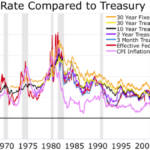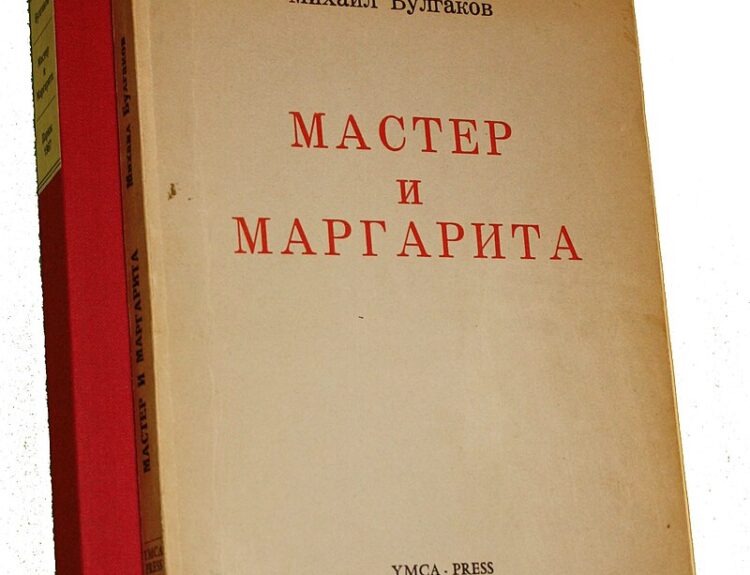Could Thuringia’s election herald a new era for the far-right in postwar Germany?
- Björn Höcke leads the AfD party in Thuringia and is ahead in polls for the upcoming regional election.
- His potential victory would mark a historic moment as the first far-right politician to win a state election in postwar Germany.
- Höcke’s rhetoric includes strong anti-immigration sentiments and criticism of Germany’s multicultural policies.
- Despite leading in polls, the AfD may struggle to form a government due to coalition challenges.
- Höcke has faced legal issues for using banned Nazi slogans in his speeches.
Björn Höcke, the leader of the Alternative for Germany (AfD) party in Thuringia, is making headlines as he leads in polls ahead of the regional elections scheduled for September 1. This former high-school teacher, who has never held political office, is on the verge of potentially becoming the first far-right politician to win a state election in postwar Germany. His controversial views, including a statement that it is problematic to view Hitler as ‘absolutely evil,’ have positioned him at the forefront of a significant political shift in a country that has historically kept far-right forces at bay.nnRecent polling data from the INSA group shows Höcke’s AfD leading by nine points over the conservative Christian Democratic Union (CDU). This election is particularly notable as it could signify a turning point for the far-right in a region with a complex history of dictatorship and political extremism. Political analysts describe a potential victory for Höcke as an ‘earthquake’ in German politics, especially in former East Germany, where the legacy of dictatorship looms large.nnHöcke’s campaign has been characterized by a mix of friendly public appearances and hard-hitting speeches. He has been vocal about his opposition to multiculturalism, questioning whether Germans were ever consulted about the shift from a monocultural to a multicultural society. His anti-immigration stance has gained traction, especially following a recent terror attack in Solingen, which he used to amplify his message.nnDespite his rising popularity, forming a government remains a challenge for Höcke and the AfD. With no party likely to partner with them, even if they win the most votes, the path to governance is fraught with obstacles. Höcke’s past controversies, including legal issues surrounding the use of banned Nazi slogans, add to the complexity of his political journey.nnAs the elections approach, the implications of Höcke’s potential success extend beyond Thuringia, raising questions about the future of far-right politics in Germany and its impact on the broader European landscape.·
Factuality Level: 4
Factuality Justification: The article provides a detailed account of Björn Höcke and the AfD’s political situation in Thuringia, but it includes some sensationalist language and opinions presented as facts, particularly regarding the implications of a potential AfD victory. There are also instances of bias in the portrayal of Höcke and the AfD, which detracts from the overall objectivity of the reporting.·
Noise Level: 6
Noise Justification: The article provides a detailed account of Björn Höcke’s political rise and the implications for the AfD in Thuringia, but it lacks a critical analysis of the broader societal impacts and does not sufficiently hold powerful figures accountable. While it presents factual information and some context, it does not explore long-term trends or provide actionable insights.·
Key People: Björn Höcke (Leader of the AfD in Thuringia), Axel Salheiser (Scientific Director of the Institute for Democracy and Civil Society), Manès Weisskircher (Political Scientist at the Dresden University of Technology), Jörg Meuthen (Former AfD Chairman), Robert Teske (Chief of Staff to Björn Höcke), Alice Weidel (AfD Co-Chairwoman), Stefan Möller (Co-Chairman of the Thuringian AfD)
Financial Relevance: No
Financial Markets Impacted: The article discusses political developments in Germany, particularly the rise of the AfD party and its implications for regional governance, but does not directly impact financial markets or companies.
Financial Rating Justification: The content primarily focuses on political events and the potential implications for governance in Germany, rather than financial topics or market movements.·
Presence Of Extreme Event: Yes
Nature Of Extreme Event: e. Terrorist Attack
Impact Rating Of The Extreme Event: Major
Extreme Rating Justification: The article mentions a recent terrorist attack in Solingen that resulted in three deaths, indicating significant loss of life and potential long-term social and political consequences.·
Move Size: 9 points
Sector: All
Direction: Up
Magnitude: Large
Affected Instruments: Stocks
 www.wsj.com
www.wsj.com 





